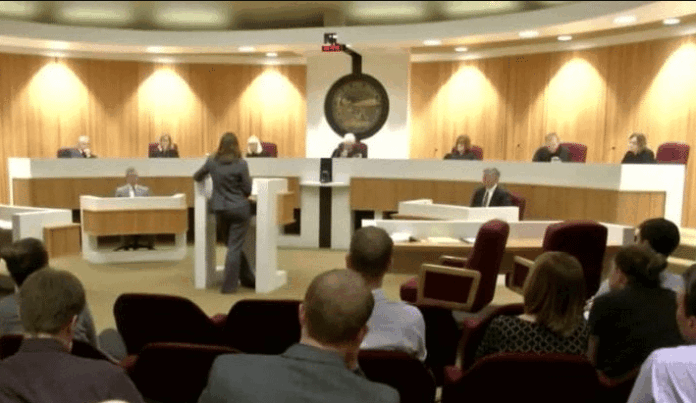In a 5–2 decision, the Montana Supreme Court has approved the ballot statement for Constitutional Initiative 132 (CI-132), paving the way for signature gathering to begin on a proposed constitutional amendment that would enshrine nonpartisan judicial elections. The ruling allows supporters to begin petition drives immediately, with the goal of putting the measure before voters in 2026.
While backers argue CI-132 would strengthen judicial independence by explicitly prohibiting Montana’s judicial races from ever becoming partisan, the court’s decision has intensified longstanding criticism from conservatives who say the state judiciary is already deeply partisan — and overwhelmingly aligned with Democratic politics.
Critics point to the political backgrounds of numerous judges, including several former Supreme Court justices who previously held elected office as Democrats before later presenting themselves as nonpartisan candidates for the bench.
Former Chief Justice Mike McGrath was elected multiple times as a Democrat, served as attorney general, and even sat on the executive board of the Montana Democratic Party prior to joining the Supreme Court. Former Justice Mike Wheat served in the Montana Senate as a Democrat. Justice Dirk Sandefur once ran for the legislature as a Democrat before withdrawing and later winning a seat on the court. Additionally, former district court judge Mike Menahan previously served as a Democratic state representative before becoming a judge.
Conservatives also note that a plurality of Montana district court judges have made political donations to Democratic candidates and causes, arguing that the pattern undermines public confidence in claims of judicial neutrality.
Supporters of the measure counter that codifying nonpartisan elections helps preserve an independent judiciary insulated from direct party control. They argue that partisan labels would only deepen political pressure on judges and further erode trust in the courts.
The dissenting justices warned that CI-132 could have unintended consequences and expressed concern that the ballot statement approved by the majority may not fully capture those risks. Opponents fear the initiative could open the door to increased political maneuvering around judicial races, despite its stated purpose.
Petition circulators launched signature drives in Helena immediately after the ruling, setting the stage for what is expected to be a heated and highly visible political battle over the future of Montana’s courts. Supporters must gather the required signatures across legislative districts to qualify CI-132 for the 2026 general election ballot.




